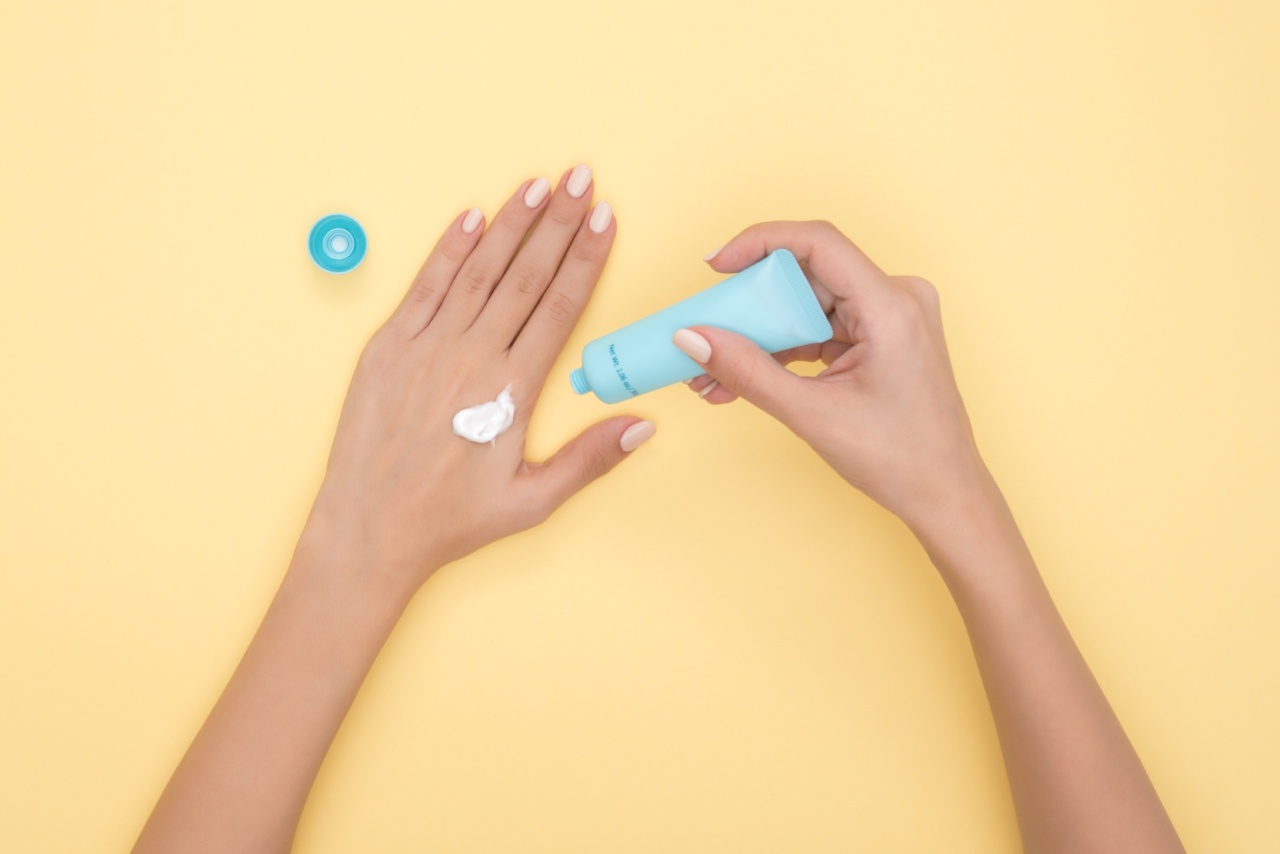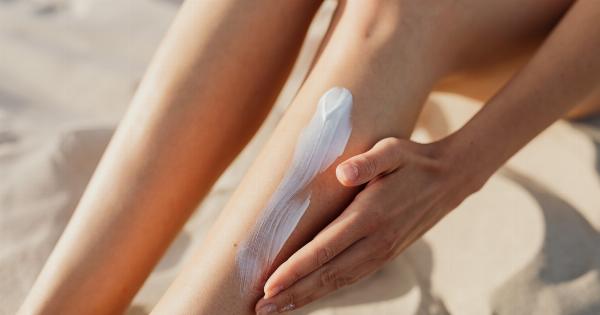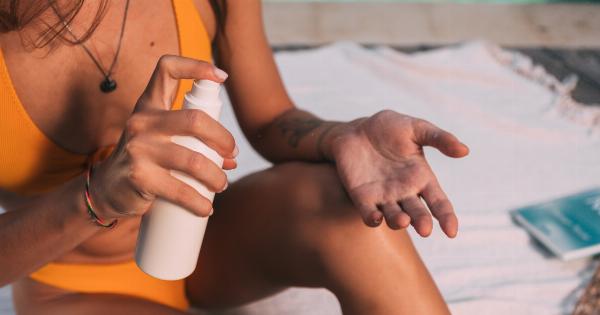When it comes to sunscreen application, there are several options available. From creams to lotions, sticks to sprays, the choices can be overwhelming. But which one works best?.
Cream
Cream sunscreens are thick and moisturizing, making them a great choice for those with dry skin. They tend to be water-resistant and provide long-lasting protection.
However, the downside is that they can be difficult to apply evenly and may take longer to absorb into the skin.
Lotion
Lotion sunscreens are lighter in texture and easier to apply than creams. They tend to absorb quickly into the skin and don’t leave a greasy residue. However, they may not be as moisturizing as creams and may need to be reapplied more frequently.
Stick
Stick sunscreens are convenient for on-the-go application and are great for targeting specific areas, such as the face and ears. They also tend to be water-resistant and provide long-lasting protection.
However, they may be more difficult to apply evenly and may feel heavy on the skin.
Spray
Spray sunscreens are easy to apply and are great for covering large areas, such as the back and legs. They also tend to be water-resistant and provide long-lasting protection.
However, it can be difficult to ensure even application and it’s important to avoid inhaling the spray.
Which Works Best?
Ultimately, the best sunscreen application method is the one that you will use consistently and correctly. It’s important to choose a sunscreen that offers broad-spectrum protection and has an SPF of at least 30.
It’s also important to apply enough sunscreen to cover all exposed areas of skin and to reapply every two hours, or more frequently if sweating or swimming.
In addition to choosing the right sunscreen and applying it correctly, it’s important to take other sun protection measures, such as seeking shade, wearing protective clothing and hats, and avoiding the sun during peak hours.
Conclusion
When it comes to sunscreen application, there is no one-size-fits-all solution. Whether you prefer creams, lotions, sticks, or sprays, the key is to choose a sunscreen that you will use consistently and correctly.
Remember, the best defense against the harmful effects of the sun is to practice sun safety every day.



























